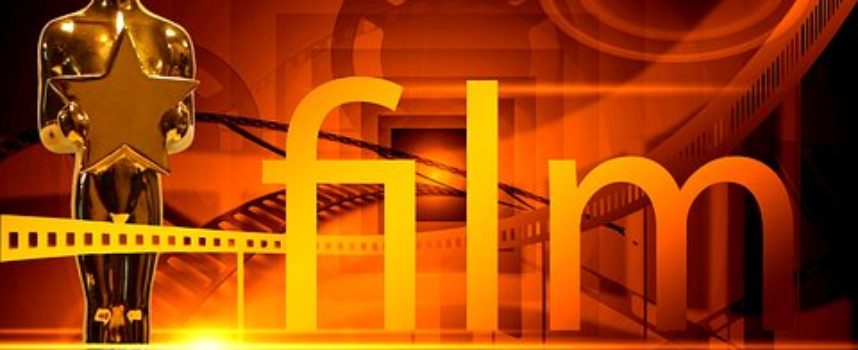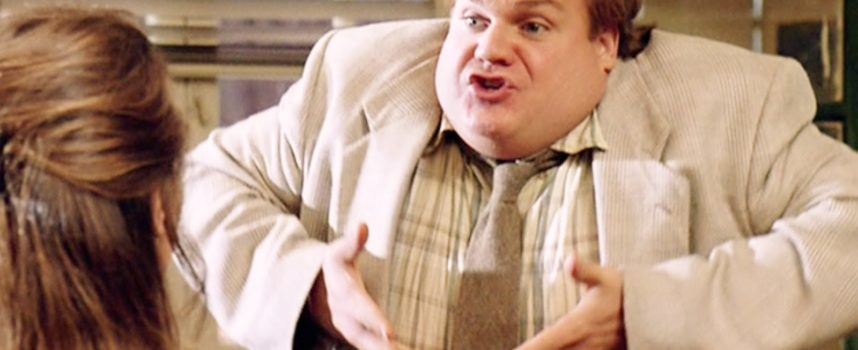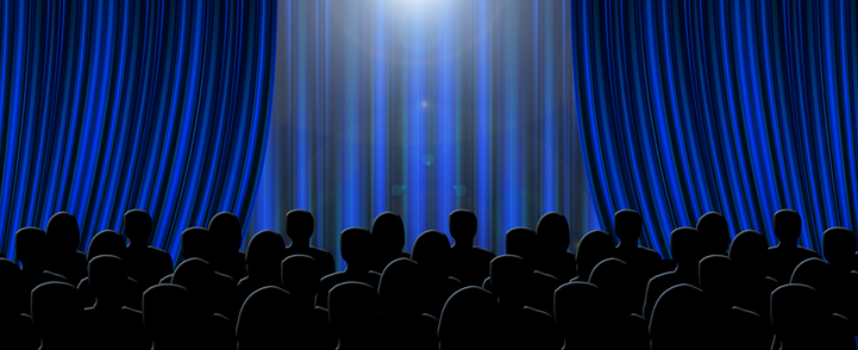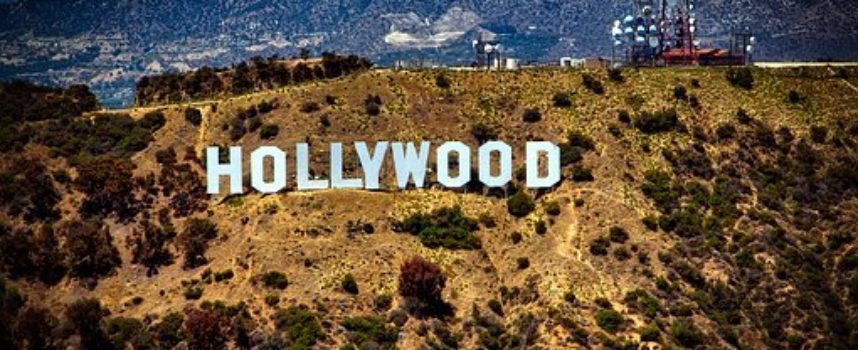Culture and Education
Recently, I composed a brief survey, asking my website readers to tell me what they like and dislike about my website, and what they’d want to talk about if they had some time to chat with me personally. I gained valuable insights from the survey, one of which is that many of my readers want [ Read More ]
Over the course of the years, I’ve taught countless seminars on “How to Watch a Movie.” This installment of the series will address several of the questions and issues that often arise in those seminars, before concluding with a brief challenge. What are some alternative Christian approaches to movie-viewing? In Reel Spirituality: Theology & Film [ Read More ]
In the last two installments of “How to Watch a Movie,” we covered the nine elements of (nearly) every Hollywood movie and then applied those nine elements to two particular movies, Braveheart and Tommy Boy. In this post, I will choose six “themes” that are prevalent in Hollywood and list a couple of movies that [ Read More ]
In the third installment of our series on “How to Watch a Movie”, we explored the nine elements in (nearly) every movie; in the current installment, we’ll illustrate those nine elements by delving into the storyline of two popular movies–Braveheart and Tommy Boy. Why these two movies? For two reasons. First, they are familiar. In [ Read More ]
Having explored the Bible’s overarching story in the second installment of “How to Watch a Movie,” this third post will delve into the major components of a Hollywood storyline. Drawing upon Brian Godawa’s Hollywood Worldviews, we will explore the nine things you’ll find in (nearly) every Hollywood movie: theme, hero, hero’s goal, adversary, character flaw, [ Read More ]
As I mentioned in the first installment of this series, Hollywood serves as America’s most influential “seminary.” Given cinema’s pervasive reach and its powerful ability to tell stories that are loaded with religious and philosophical meaning, pastors and churches must find ways to help their people be shaped more by the Bible’s narrative than they [ Read More ]
No offense to professors and pastors, but the most influential philosophers and religious teachers in our nation are its screenwriters, producers, directors, actors, and soundtrack artists. These artist-priests convey their worldviews and dogmas through Hollywood movies, which are unusually powerful and effective media for conveying messages, making impressions, and rousing emotions. They create an imaginative [ Read More ]
Two years ago, I began doing what I’ve always wanted to do. I began writing regularly about the interface between Christianity, politics, and public life. And, I began writing primarily for everyday Americans rather than for scholars and graduate students. The transition has not been an easy one for me. I had grown accustomed to [ Read More ]
As I write, I am preparing to attend several academic conferences, including the Evangelical Theological and Philosophical Societies, the Society for Biblical Literature, and the American Academy of Religion. (Or, as I call these conferences, “Revenge of the Nerds”). I’ve attended these meetings for more than fifteen years now, starting as a doctoral student and [ Read More ]
We should refuse to read books. I mean it. Not all books, of course, but many of them. In particular, we should refuse to read a book merely because it appears on Amazon’s “Recommended for You,” is displayed on the front table at Barnes & Noble, or is promoted by the big wigs at your [ Read More ]










